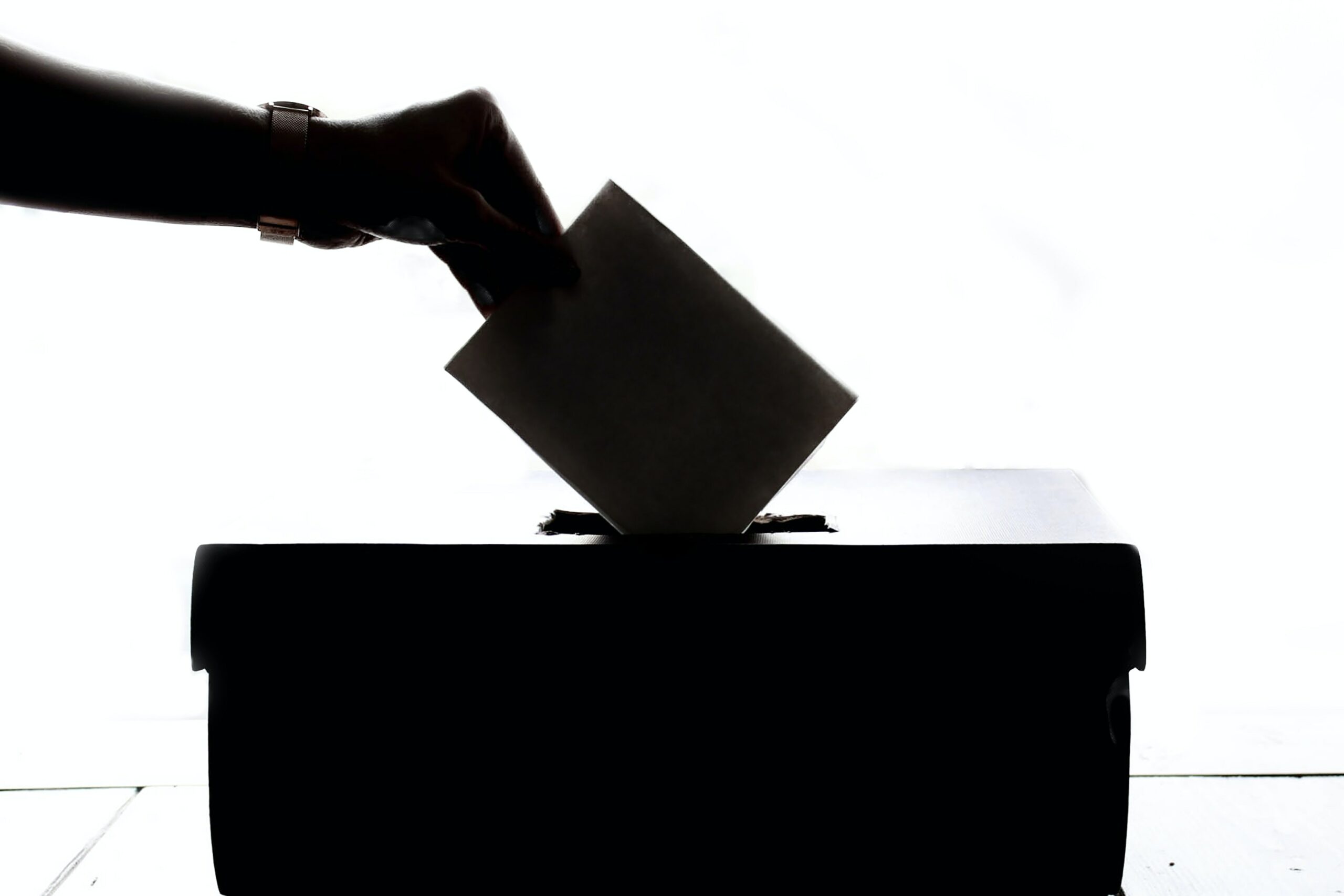Social media communication platforms have changed the world and how we receive our information. They have significantly influenced political campaigns and elections, with various views and opinions from all political parties. Besides, social media bring more transparency to online services. One can follow the news and celebrities or even find a reputable online casino in Australia that ensures a safe and positive gambling experience. After all, observing users’ feedback on gambling platforms is crucial, as they evaluate what kind of promotions are legitimate. Luckily, social media facilitate the accessibility of this information.
According to Wikipedia, the first social media platform was Randy Conrads Classmates Online, Inc., launched in November 1995. The idea behind its development was for American users to find their ex-classmates and colleagues. However, in 1997 Bolt and Six Degrees was established for 15 to 20-year-olds for email, voice chat, message boards, voice mail, and instant messaging and the start of the social media boom. We have seen many platforms that have started and closed down. However, a few are a part of our daily life, such as Twitter, Instagram, Facebook, and TikTok.
How does social media influence election campaigns?
With easy access to various social media platforms and decreased censorship, politicians can influence voters by spreading up-to-date news and information. The Barack Obama campaign strategy for the 2008 election was the first to leverage social media. He utilized over 15 various social media Channels, including Twitter, Myspace, Facebook, and YouTube.
He was also able to raise finances through the use of social media and awareness of his campaign. He had more followers on his Twitter account than his opponent John McCain and, therefore, a much larger voter reach. He is therefore known as the first Social Media President and served two terms as the US President until 2017.
Obama’s drive and strong mindset helped him and his team unlock the algorithms for success. His influential campaigning style is still used by politicians across the world today.
Another example and staying stateside is Donald Trump’s 2016 election campaign, where there was talk of Russian interference and much misinformation. However, Trump also rallied his 88.7 million Twitter supporters with multiple tweets daily until he got suspended in January 2021. The reason for his suspension was he had tweeted to his followers that they must support the insurrection in the Capital. Twitter’s new owner, Elon Musk, reversed the suspension, but Trump has not yet returned. However, after winning the 2017 election, he said: “Twitter is a wonderful thing for me because I get the word out. I might not be here talking to you right now as president if I didn’t have an honest way of getting the word out”.
Social Media knows us better than our friends
So, how do political parties running for elections know which people to target during their campaigns? Modern technology can predict our types of personalities, our political affiliations, and our likes and dislikes. The way these social media companies such as Instagram, TikTok, Facebook, and Twitter collect this data through our devices. Post interactions, including posts you like or comment on, and even searches are all analyzed with algorithms to create a user profile:
- Demographic facts (age, sex, and location)
- Interests (for example, political affiliation, music, or sports)
- Engagement (time spent on pages and the number of likes or clicks)
The more you engage, post, comment, or like the content on the social media platform, the more you are shown similar content. The same applies to political parties. When you input your location, you will find political feeds relevant to your address appear more, primarily when parties are campaigning for elections.
How politician monoplise social media plaforms
Politicians can bypass news outlets that don’t show them in a favorable light and communicate directly with voters via social media platforms. As a result, voters feel they know the politician. Moreover, they tend to avoid discussing just politics and will post photos of their families or attend events such as supporting a local team in major sporting events. All these extras help them to connect with the voting public and gain trust and loyalty.
Is Social Media a threat to politics?
Once considered significant enablers of democracy, social media gets blamed for spreading misinformation and being accused of influencing voters. Social media platforms allow political parties to target specific vulnerable and unsure voters.
The advantage of social media on democracy is the access to political information from all parties. However, the negatives include echo chambers, polarisation, and populism. In addition, voters believe what they read, so instead of seeking more information, they take the information they see online as the truth.
Final Thoughts
As you can see, voting has changed significantly over the years since social media platforms became the norm. There has been talking of Russian interference in many countries’ election campaigns and the elections, with Russian bots blamed for a lot of the misinformation circulating these platforms. It is best to make your own decisions, do your research, and not rely purely on what you see online.
